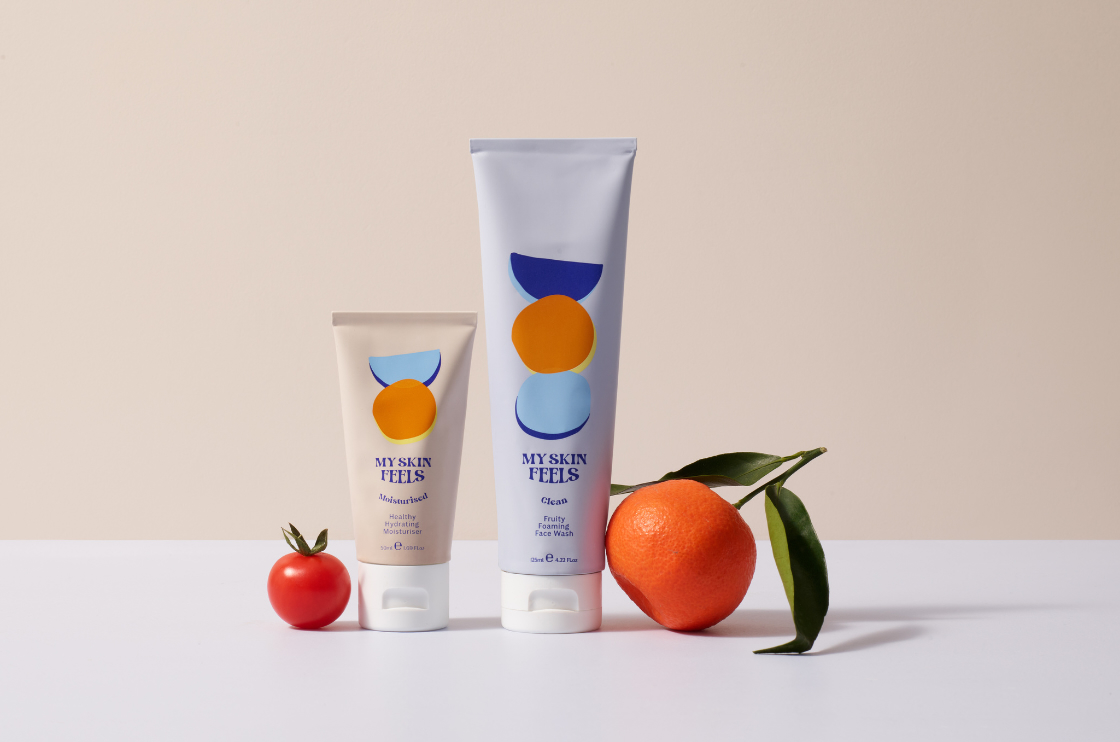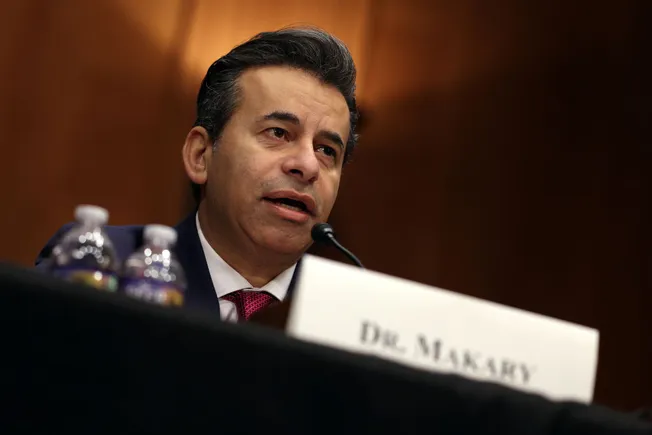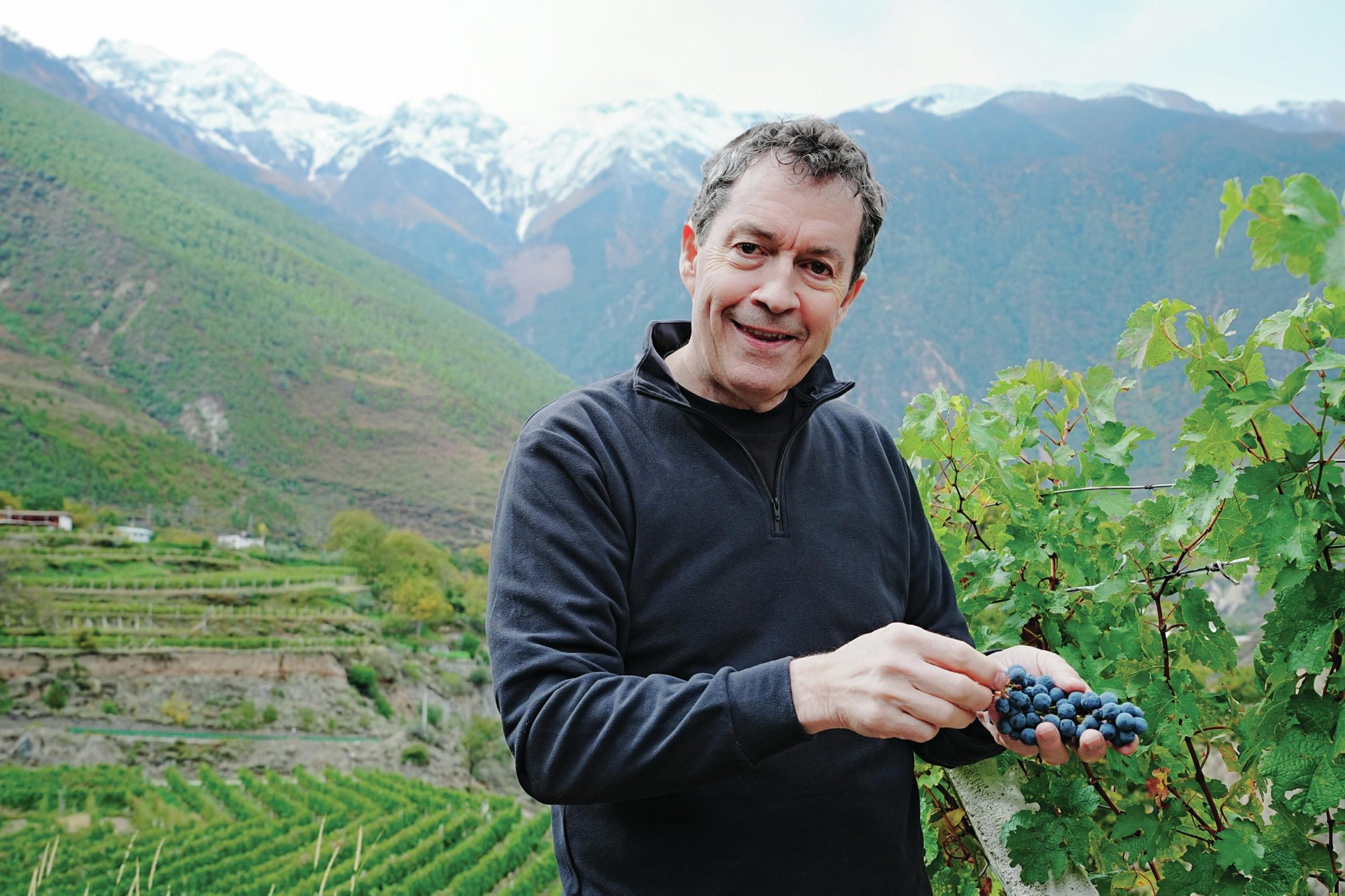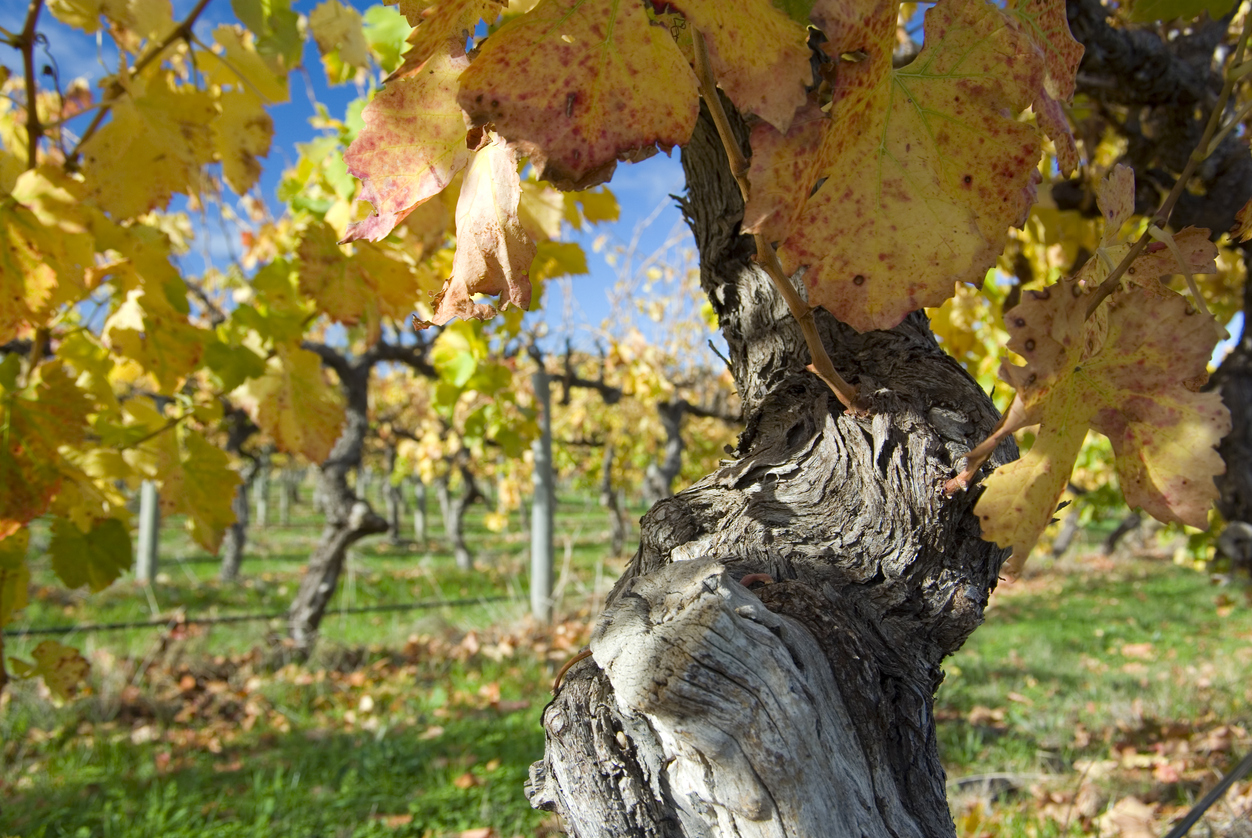‘A name they trust’: how tariffs and tastes are shaping the future of American wine
As Trump’s latest tariffs jolt the transatlantic drinks trade, American wineries are finding themselves both burdened and bolstered. Amid global flux, Cakebread Cellars CEO Mike Jaeger explains how legacy, innovation and regional exploration are driving the next chapter in US wine. The post ‘A name they trust’: how tariffs and tastes are shaping the future of American wine appeared first on The Drinks Business.
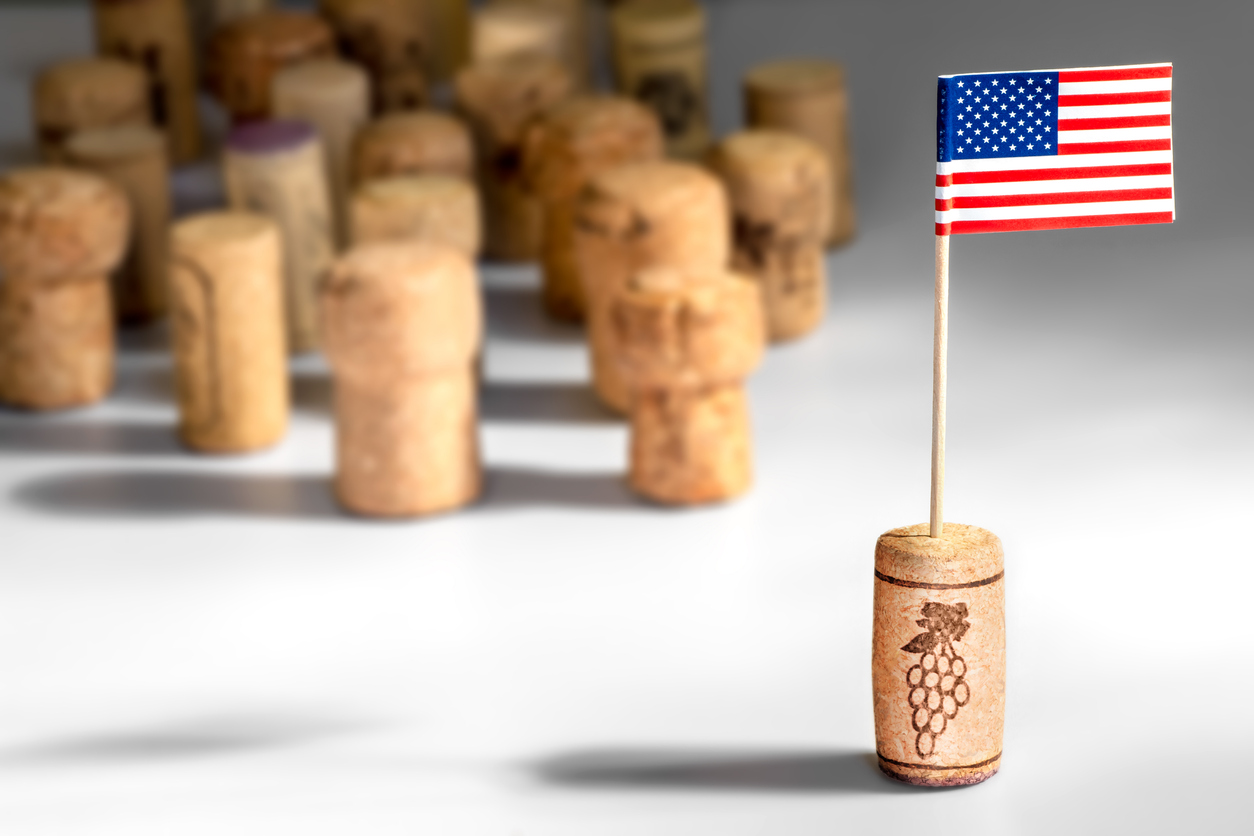
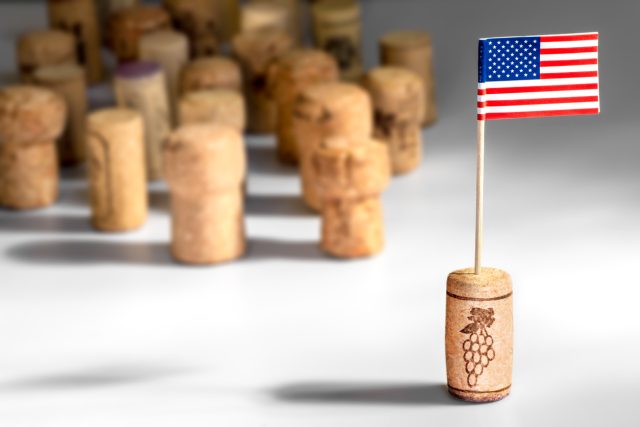 At a time when transatlantic wine relations are being redefined by President Trump’s so-called “Liberation Day” tariffs, American wineries are navigating more than just a pricing issue, they’re confronting a fundamental reshaping of how and where wine is made, sold and consumed. While French, Spanish and Italian producers brace for an uphill battle in the US market, American wineries like Cakebread Cellars find themselves in a complex and potentially advantageous position: pushed by geopolitics, pulled by shifting consumer preferences.
Mike Jaeger, CEO of Cakebread Cellars, speaks to db with the calm assurance of someone who has watched the wine world change over nearly four decades. From his vantage point, the current tariff turmoil is less a sudden disruption than a moment of acceleration, pushing forward a transformation already well underway in the US wine industry.
At a time when transatlantic wine relations are being redefined by President Trump’s so-called “Liberation Day” tariffs, American wineries are navigating more than just a pricing issue, they’re confronting a fundamental reshaping of how and where wine is made, sold and consumed. While French, Spanish and Italian producers brace for an uphill battle in the US market, American wineries like Cakebread Cellars find themselves in a complex and potentially advantageous position: pushed by geopolitics, pulled by shifting consumer preferences.
Mike Jaeger, CEO of Cakebread Cellars, speaks to db with the calm assurance of someone who has watched the wine world change over nearly four decades. From his vantage point, the current tariff turmoil is less a sudden disruption than a moment of acceleration, pushing forward a transformation already well underway in the US wine industry.











































